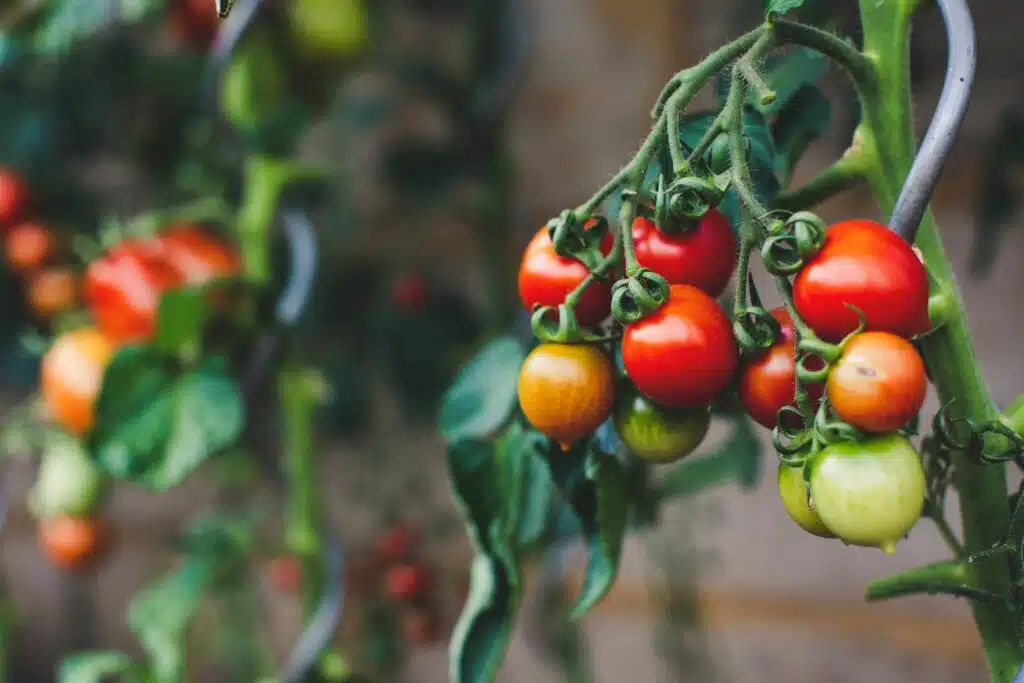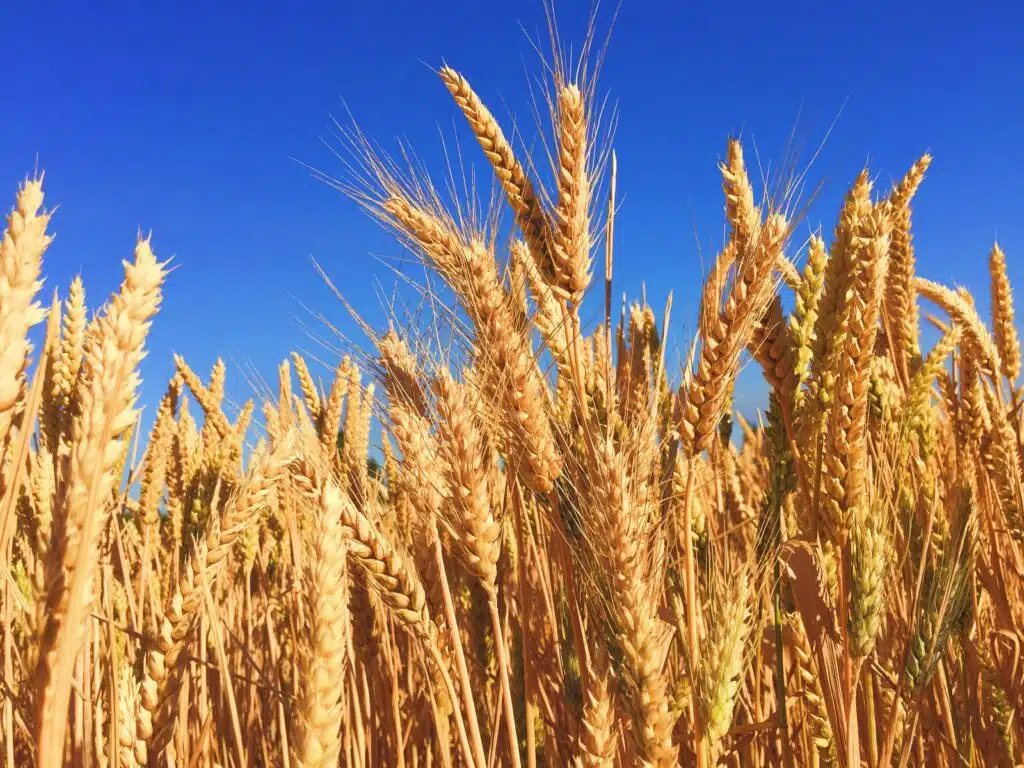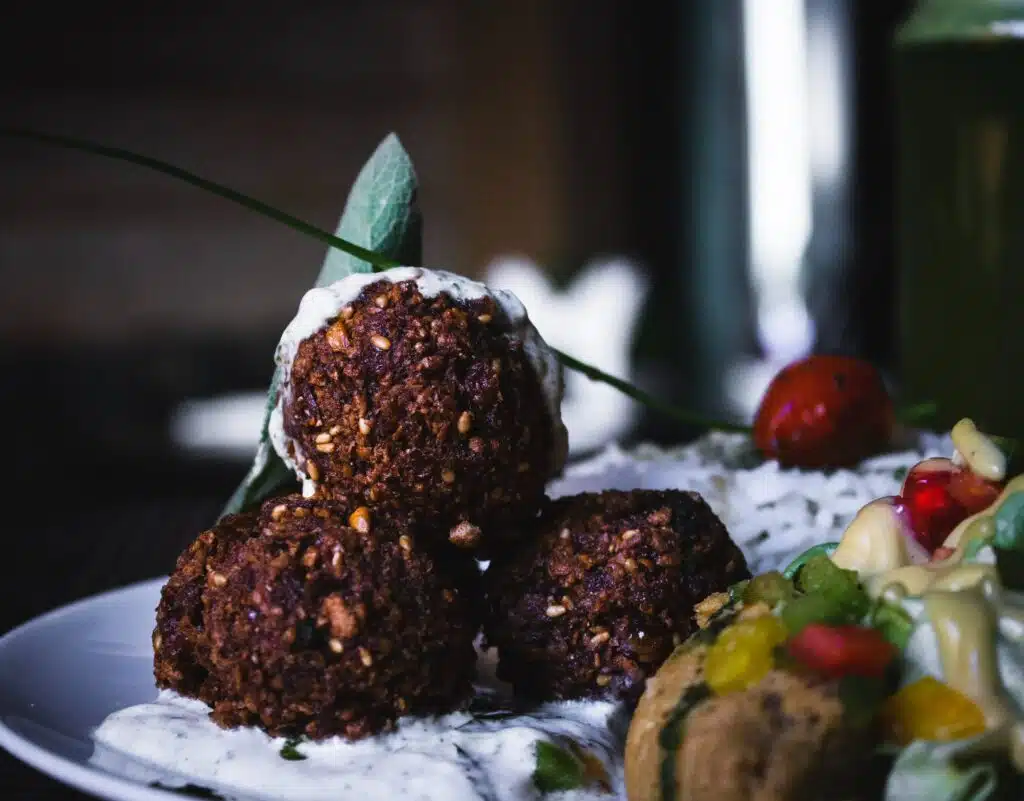Introduction: Journey to Establishing Your Own Food and Beverage Private Label Brand
Launching a private label brand, particularly in the food and beverage sector, is akin to embarking on a challenging but rewarding entrepreneurial expedition. It is an opportunity to take command and turn your dreams into reality, which can indeed be a slice of paradise. However, as the creator and leader of your venture, you’re met with an array of questions: Who is your target audience? What are your business objectives? How will you design an eye-catching logo? Will consumers be interested in your products? How will your brand distinguish itself in a competitive market? And most importantly, how can you translate your passion into a successful business venture?
Navigating through these questions can be overwhelming and it further intensifies when dealing with the intricacies of the food and beverage industry. There are countless manufacturers to choose from and a sea of certifications to understand and obtain, making the process seem labyrinthine.
Understanding Private Label and White Label: Distinguishing the Two
When initiating your brand, understanding the manufacturing process for your product line is crucial. There are multiple avenues to explore and deciding on the ideal partners and production type for your business can be a daunting task. Two primary production types dominate the market: private label and white label. Although the distinction between them is subtle, it’s vital to comprehend their differences.
Private label production is a process where a manufacturer produces a product line to be sold exclusively by one retailer. This method is commonly seen in stores that design and sell their own merchandise. Conversely, white labeling occurs when a manufacturer designs and creates a range of products, and different brands choose their preferred options, which they then brand and resell.
From a manufacturer’s viewpoint, the crucial decision lies in whether the products will be sold and rebranded by multiple brands or remain exclusive to a significant retailer. For the brand, this decision should hinge on the size and scope of your product line.
The Imperative Role of Certifications
In the food and beverage industry, certifications play a pivotal role, primarily serving as a testament to the quality and safety of the products. By providing a degree of trust for consumers, certifications ensure that products adhere to certain standards and patterns. In a field where product safety and quality are paramount, the importance of certifications cannot be overstated. It not only safeguards the health of the consumers but also protects the reputation and longevity of your brand in the industry.


Which certifications to look out for
Here you can find information about the main food and beverage safety regulations in the European Union, including the following:
- FSSC 22000
- ISO 22000
- BRC Global Standard for Food Safety
- IFS (International Featured Standards)
- NON-GMO
- HALAL
- KOSHER
1. FSSC 22000
The FSSC 22000 food and beverage certification is a food safety system that offers a complete certification scheme for all the members of the supply chain, in order to build trust between all parties and among consumers. The scheme includes certificates such as ISO 22000, ISO 9001, ISO/TS 22003 and other technical specifications for specific sector requisites, such as ISO/TS 22002-1.
The Foundation for Food Safety Certification has developed this certificate based on the UNE-EN ISO 22000 standard and the British PAS 220 specification for the certification of food manufacturers. This certificate is approved by the Global Food Safety Initiative (GFSI) and is endorsed by the European Confederation of Food and Beverage Industries (CIA).
2. ISO 22000
ISO’s food safety management standards’ purpose is to help organizations identify and control food and beverage dangers to safety. The main purpose of ISO 22000 is to guarantee cross-border trust between all the supply chain members while improving consumer trust in the products and incorporating a greater control of risks for food and beverage safety.
ISO 22000 is the international standard for food safety management systems for the entire supply chain, providing a layer of reassurance from the producers to the processors and, eventually retailers. This safety certification assures communication between all the supply chain members and guarantees that the regulations are being followed at every step of the process.
3. BRC Global Standard for Food Safety
The BRCGS Global Food Safety Standard has set the example in the food and beverage industry for over 20 years. Currently adopted by over 20,000 locations in more than 100 countries, the standard is required by 70% of top global retailers and 50% of the top global manufacturers. The certification is constantly evolving to protect the customers and the supply chain members.
This certification standard includes the requirements of a HACCP (Hazard Analysis and Critical Control) system in accordance with the Codex Alimentarius. The purpose of this standard is to document the quality management system, as well as control the requirements of the environmental conditions of the facilities, products, processes and employees.
4. IFS (International Featured Standards)
The International Featured Standards (IFS) is an umbrella brand for globally recognized standards in the food and beverage industry. The IFS covers eight different food and non-food standards, covering all the processes included in the supply chain. Producers and manufacturers adopt these standards worldwide to help them meet the requirements of all partners and customers.
This standard allows brands to sell in the food market of the UK, Germany, France and Italy. Both IFS and the BRC certifications are essential to any brand that want to penetrate the food distribution sector.
5. NON-GMO
GMO stands for genetically modified, and NON-GMO stands for not genetically modified. A genetically modified organism is a plant or animal that has had its genetic material modified in a laboratory, with the use of genetic engineering and transgenic technology. This is one of the most important certificates in the food and beverage industry. It serves as a tool for both the consumer and the distribution to ensure the quality of the product they are acquiring.
Although the field of genetic engineering has made big advanced in the food and beverage market and has helped it to grow, allowing humanity to mutate the production of food to its liking, there are downsides to the genetic mutation industry. As studies show, the biggest threat of GMO aliments is the harmful effects they can have on the human body, and it is believed that consuming excess of GMO foods can be influential in the development of antibiotic-resistant diseases.
The NON-GMO certification includes a range of regulations throughout the production process, from planting and harvesting to storing and processing in the latter steps of the supply chain. In order for the certification to be issued, the responsible companies will observe and control every step of the process independently, to ensure the quality of the management system.


6. HALAL
The HALAL food certification exists to guarantee the Muslim culture’s food restrictions while allowing its members to have security and trust when buying their products. Although the term HALAL is used differently by a range of Islamic communities, in Muslim countries, the term is used to describe any practice allowed by Islamic law. Here are some of the alimentary restrictions provided by Islamic law, considered Haram by the Muslims:
- The meat of an animal that was found dead.
- The blood of an animal.
- Pork and wild boar, as well as their derivatives.
- Animals are sacrificed without the invocation of the name of God.
- Carnivorous animals and scavengers, as well as birds with claws.
- Alcohol, alcoholic beverages, harmful or poisonous substances and toxic plants or drinks.
- Ingredients from animals or Haram products, such as pork gelatin.
- Additives, preservatives, colorings, flavorings, etc., produced from Haram ingredients.
The HALAL Certification is a process of reassurance that a food or beverage is following the Halal Regulations, guaranteeing that that product does not contain any ingredients that are considered illegal by the Islamic Law and that none of their guidelines is being broken in the process of preparation, transport and storage. Not only that, but it also guarantees that none of those products has been in contact with any other non-HALAL food items, in order to avoid cross-contamination.


7. KOSHER
In the same way as the HALAL certification, the KOSHER certificate is also culturally motivated. The Kosher certification guarantees that the consumed product will respect the Jewish religion, and is proper for consumption by Hebrew people. This means that BTSA’s products meet the biblical and Talmudic rules of Jewish law.


Embracing the Challenge and Ensuring Success
Embarking on the journey to establish your own private label food and beverage brand is undoubtedly a challenging yet potentially rewarding venture. It requires a keen understanding of your market, a well-defined strategy, and an ability to navigate the complexities of manufacturing options and certifications. Viewing these complexities not as deterrents but as opportunities to learn, grow, and make informed decisions is essential.
As you move forward in your entrepreneurial journey, remember that every challenge is a stepping stone towards creating a brand that aligns with your vision and resonates with your target audience. The importance of certifications in building trust with your consumers cannot be overstated, and understanding the difference between private label and white label can shape your strategic decisions.
Remember, success is not achieved overnight. It is a result of relentless effort, persistence, and the ability to adapt. The food and beverage industry can be demanding, but with the right approach and determination, your private label brand can carve its niche and achieve enduring success. Your passion can indeed be transformed into a thriving business, and your dream of owning a successful brand can turn into a reality.